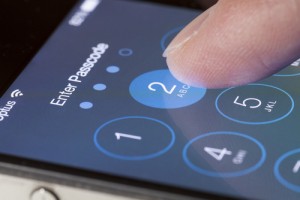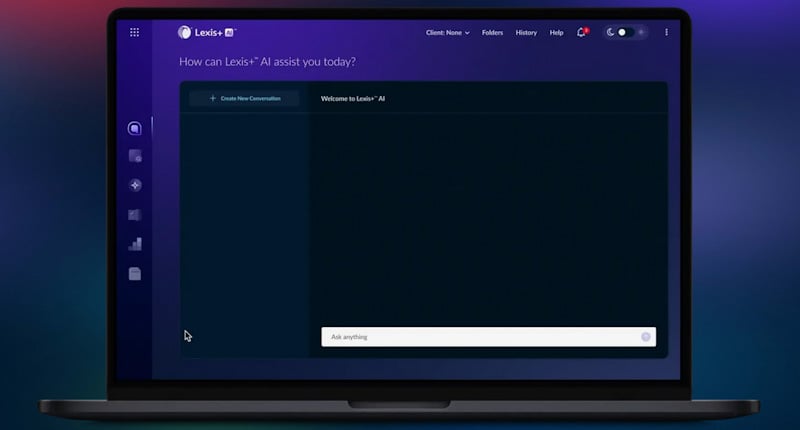Apps used to stalk can endanger domestic violence victims, but may be hard for lawyers to access

Shutterstock.com.
There are hundreds of cell phone apps that can be used for stalking a current or former romantic partner—and they may be hard to access by attorneys who work with victims.
The New York Times reported Saturday on research that showed more than 200 apps available through Apple’s App Store and the Google Play Store for monitoring someone’s location and activities. Many are ostensibly for finding a lost phone or keeping tabs on a child, the Times says—but are marketed for catching a cheating partner.
The research the Times reported on, from NYU, Cornell, Hunter College and Technion, also found apps that are overtly marketed for spying on a partner. Researchers called nine companies and asked about using their apps to track a husband; only one—TeenSafe—turned them down.
Erica Olsen, director of the National Network to End Domestic Violence’s Safety Net project, says this is a known problem among advocates for abuse survivors—and that it sometimes gets dismissed as paranoia. In a situation where the stalker might be violent, she says, that’s a mistake.
“It’s really important to take this seriously because if someone is monitoring someone else’s phone like this, then they have access to [that person’s information and location],” she says. “And that’s an immediate safety concern.”
The Times mentions the death of a Florida woman, Yessenia Suarez, whose husband murdered her and her two children after discovering through spyware that she was having an affair. In another case in Washington state, Brooks Laughlin is charged with stalking and harassment for using Apple’s Find My iPhone app to track and control her, the Times reports.
Evidence that a stalker or abuser has used apps like these can be useful for lawyers, Olsen says—if they have access to that evidence. But she says police departments, with which prosecutors would likely work in such a case, don’t necessarily have access to the expensive software necessary to find and document the spyware. Those who have access may not make it available to domestic violence investigators, especially since many domestic violence crimes are misdemeanors.
Olsen hasn’t heard of family lawyers—another group of attorneys that’s likely to work with domestic violence survivors—using this kind of forensic software. This may be because the software is expensive and requires special training.
And some of the app companies may purge their sales records so quickly that a warrant served months later may not be useful, Olsen says. The Times notes that some companies moved their servers overseas after the developer of a spyware app, StealthGenie, was prosecuted and shut down under federal wiretap laws.
Vivian Huelgo, chief counsel of the ABA Commission on Domestic and Sexual Violence, says lawyers have found “some really creative solutions” for admitting evidence into court when they do have it. But often, she says, it’s the first time the lawyer has tried to admit such evidence, as well as the first time the judge has dealt with the issue.
“So everyone is kind of fumbling in the dark, trying to figure out how to admit these pieces of evidence,” she says. “I would submit it’s happening more and more every day.”
The Commission offers training to lawyers on topics related to domestic and sexual violence, and has partnered with the NNEDV for years for training on abuse, stalking and technology.
The U.S. Supreme Court is considering Carpenter v. United States, a case about whether police officers themselves must get a warrant to track suspects’ locations through their phones.



